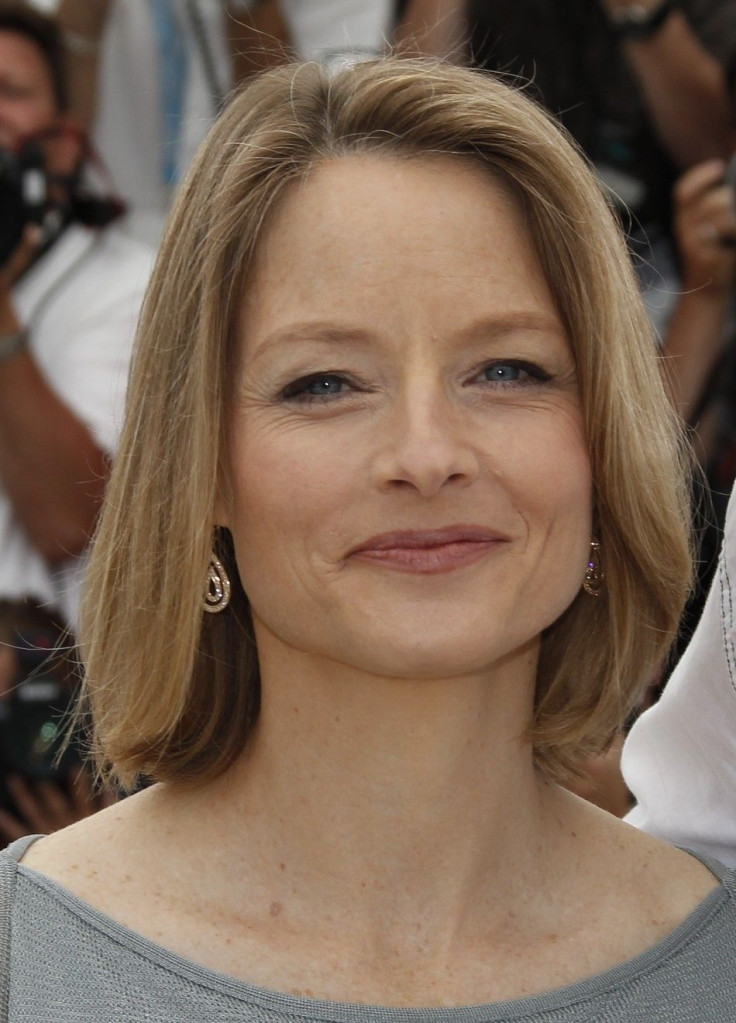Jodie Foster Joins Alien Hunt

Jodie Foster, Academy Award winning actor, producer and director, was among 2,557 donors helping SETI (Search for extraterrestrial intelligence -- collective name for a number of activities people undertake to search for intelligent extraterrestrial life) in its lookout for alien radio signal from outer space.
With no successful alien-spotting to boast of, SETI was going through a severe cash crunch due to dwindling interest of funding agencies and high profile individual donors. However, the latest news from the institute will revive the lost interest, as it has announced raising $223,000, exceeding its $200,000 goal. Setistars.org has a big red bold lettered message on the site, "Thank you for all your support to resume."
"The Allen Telescope Array (ATA) is good to go and we need to return it to the task of searching newly discovered planetary worlds for signs of extraterrestrial intelligence," Foster was quoted by AFP. She said the telescopes "could turn science fiction into science fact, but only if it is actively searching the skies. I support the effort to bring the array out of hibernation."
SETI officials didn't disclose Foster's donation amount.
"We are so grateful to our donors," said Tom Pierson, who co-founded the SETI Institute with Jill Tarter. "We believe we will be back on the air in September."
Bill Anders, Apollo 8 mission astronaut, said: "... it is absolutely irresponsible of the human race not to be searching for evidence of extraterrestrial intelligence."
The failure of the SETI program to announce an alien radio signal had partially dimmed hopes of humans' encounter with life forms outside Earth. The Allen Telescope Array (ATA) went offline in April this year following a SETI announcement about the lack of funding for the institute. The Allen Telescope Array is a facility dedicated to detecting electromagnetic transmission from outer space.
SETI had announced taking down ATA as the funds from NASA and a number of wealthy donors, including Microsoft co-founder Paul Allen, had exhausted and the institute needed an estimated $5 million to operate for the next two years.
© Copyright IBTimes 2025. All rights reserved.






















